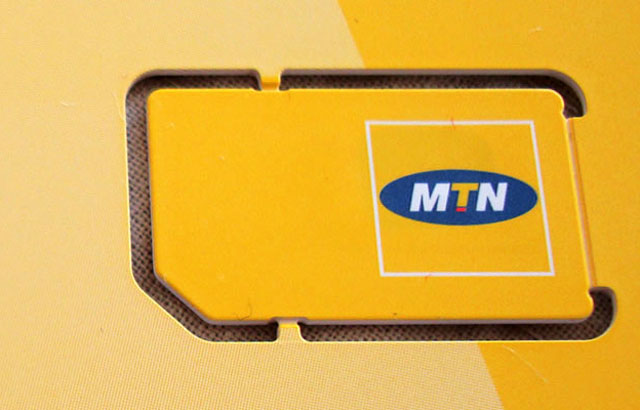
On Monday, the market learnt that the Nigerian Communications Commission (NCC) had hit MTN with a fine of1,04 trillion naira for failing to deactivate unregistered Sim cards by a regulatory deadline. The fine, which equates to more than R70bn, is more than twice the entire group’s annual profits.
The fine follows the NCC’s findings that MTN has not disconnected 5,2m of its users with unregistered or improperly registered Sim cards. The amount is based on a sanction of 200 000 naira per user.
Given the size of the fine, it is not surprising that MTN is trying to engage with the NCC on reducing it. However, there is a long history leading up to the action taken by the regulator, which raises questions about the operator’s chances of finding a sympathetic ear.
The origins of the problems go back to early 2008 when Nigerian security agencies approached the NCC for help in dealing with crimes committed by criminals using mobile phones. At that stage, Nigeria had no regulations in place requiring Sim cards to be registered and so there was no way of identifying the criminals based on the mobile numbers they used.
The crimes include matters such as fraud, intimidation, and kidnapping. The last-named is perhaps the most serious as it a fund-raising tactic of terrorist groups like Boko Haram, who use mobile phones to make their demands.
After lengthy consultations between the NCC, security agencies and the country’s mobile networks, a registration programme was launched in May 2010. Unlike South Africa’s Rica legislation, which requires only that the owner of a Sim card must produce proof of identification and proof of address, Nigeria decided that it would also take a record of biometric information.
Everyone in the country who owned a Sim card therefore had to register personally so that their fingerprints and pictures could be taken. Originally the regulator set a target of six months in which to register all users, but this proved an impossible task in a country where there are 150m Sim cards in use and large numbers of people live in remote areas. The registration process eventually dragged on for almost three years.
Numerous problems were allegedly experienced during the process, including agents charging people to register their phones and operators registering users from other networks to try to boost their numbers.
Some resourceful Nigerians also saw the chance to exploit a regulatory loophole. Realising that many people would either prefer not to register themselves or would not want to travel to the cities where most registrations were taking place, they started “pre-registering” Sim cards and selling them on at a premium.
This obviously defeated the purpose of the process and the NCC issued several warnings to operators to put a stop to it. They claimed that many of these pre-registered cards were being used for criminal purposes.
In 2013, following the deadline to register all Sim cards, the NCC issued the first fines for not meeting the directive. It fined the country’s four operators a combined 53,8m naira (R3,7m).
The fine given to MTN was 29,2m naira (R2m) based on 146 pre-registered cards that had either been reported to the commission or purchased in enforcement actions by the commission itself. The amount was based on the same 200 000 naira per user as the most recent penalty.
It seemed for a while as if the Sim registration story had settled, but then in June 2015 the NCC announced that telecoms operators needed to embark on a round of re-registration. This sparked some allegations that the regulator had lost the original data, but the NCC claimed that it had discovered 38,9m users that had not been properly registered by operators in the first place.
The issues uncovered were mostly poorly taken fingerprints or unclear photographs.
After presenting operators with lists of invalid registration details and giving them until the end of August to rectify the situation, the NCC was moved to act in early September when it imposed 120m naira (R8,2m) worth of fines on them for failing to either properly register Sim cards or disconnect the users. Again, MTN had to pay the largest share.
Reports from Nigeria, however, paint a picture of some confusion around the process. Many people who believed they were properly registered have had their lines blocked, and the operators have been inundated with customers trying to validate their details.
Some sources also suggest that the operators were still in talks with the NCC about the exact number of unregistered users when the deadline passed. They therefore were under the impression that the matter was still being resolved and that they did not yet need to take decisive action.
National security agencies, however, appear to have pushed the NCC to be conclusive on this matter and hence the regulator’s insistence that unregistered users be dealt with. There are suggestions that the agencies were moved by the recent kidnapping of a senior Nigerian politician in which MTN was unable to provide information on the mobile numbers used to make the ransom demands.
Finally, after the regulator claimed that MTN ignored numerous requests to act on unregistered, poorly registered and pre-registered Sim cards, it imposed the most recent penalty of 1,04 trillion naira. Whether or not the operator will end up actually paying that remains to be seen, but it would appear obvious that there is a great deal of work to be done to sort out the relationship between itself and the NCC.
- This article was first published on Moneyweb and is republished here with permission

